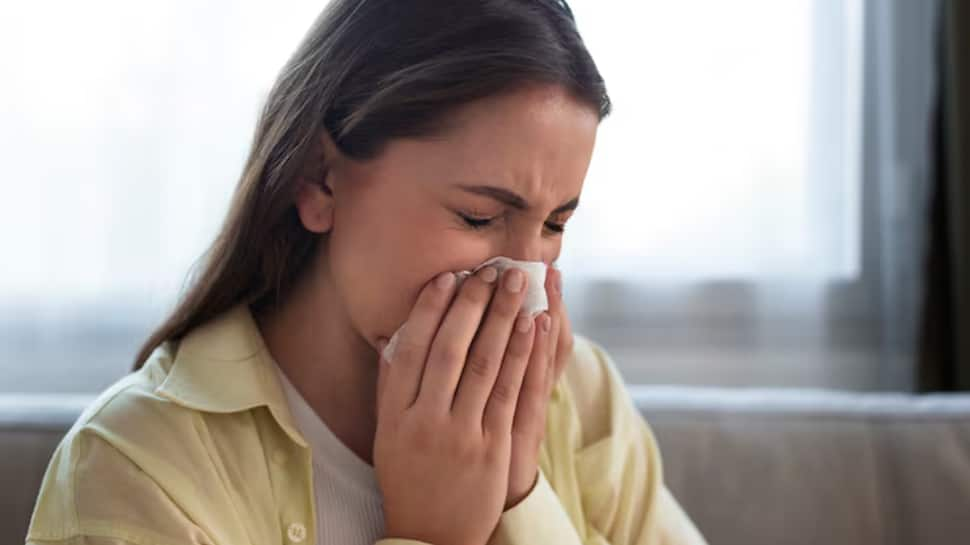With the weather shifting between hot days and chilly nights, the risk of catching colds, coughs, and seasonal infections increases. Sudden temperature changes weaken immunity and make the body more vulnerable to viruses. However, with a few mindful lifestyle practices, you can stay protected and healthy during this unpredictable season.
1. Strengthen Your Immunity
A strong immune system is your best defense. Include vitamin C-rich foods like oranges, amla, guava, and lemons in your diet. Turmeric, ginger, and honey are natural immunity boosters that help fight viral infections and soothe inflammation.
2. Stay Warm and Layer Up
Changing weather often means fluctuating temperatures throughout the day. Keep a light jacket, scarf, or shawl handy to protect yourself from sudden chills. Covering your ears, throat, and chest helps prevent cold-related discomfort.
3. Stay Hydrated
Even in cooler weather, the body loses water. Drink enough warm fluids like herbal teas, soups, or plain lukewarm water. Staying hydrated keeps your throat moist and reduces the risk of infections.
4. Practice Good Hygiene
Viruses spread quickly through contact. Wash your hands frequently, avoid touching your face unnecessarily, and sanitize items like mobile phones. Maintaining hygiene lowers your chances of catching seasonal flu.
5. Avoid Overexertion & Get Proper Rest
Your body needs extra energy to adjust to weather changes. Overexertion, late nights, or irregular sleep weakens immunity. Ensure 7–8 hours of quality sleep and give your body enough rest to fight infections naturally.
6. Use Home Remedies Wisely
Steam inhalation with a few drops of eucalyptus oil, gargling with warm salt water, or sipping tulsi-ginger tea can provide relief from throat irritation and nasal congestion. These simple remedies are age-old protectors against seasonal colds.
The changing weather may bring health challenges, but with the right preventive care, you can keep colds and infections at bay. Eat immunity-boosting foods, stay warm, hydrate, and follow good hygiene practices to sail through this season with better health and resilience.
(This article is meant for informational purposes only and must not be considered a substitute for advice provided by qualified medical professionals.)

